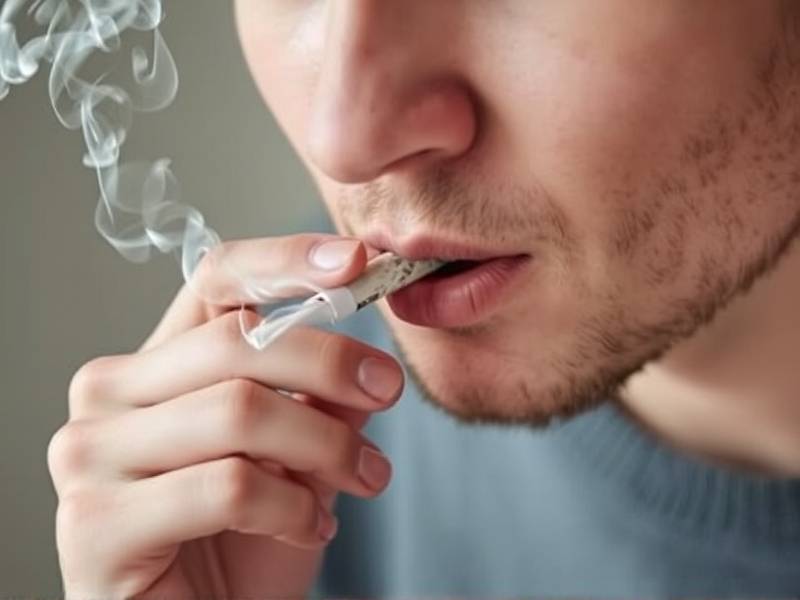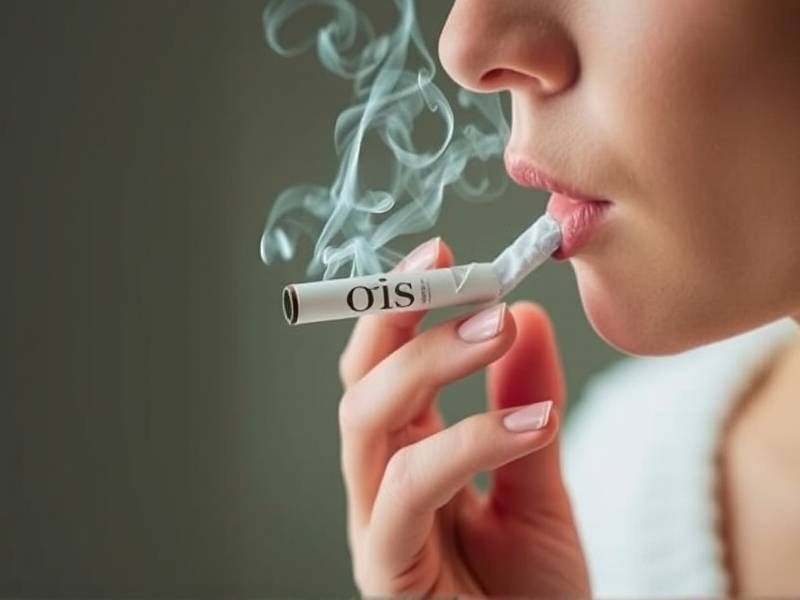When Does Your Smell Come Back After Quitting Smoking?
The Surprising Timeline of Your Sense of Smell Returning After Quitting Smoking
Introduction: Quitting smoking is a significant step towards a healthier lifestyle. While many people are aware of the physical benefits, one aspect that often goes unnoticed is the restoration of your sense of smell. In this article, we will explore the timeline and factors that influence when your sense of smell returns after quitting smoking.
Understanding Smell and Smoking

-
How Smoking Impacts Your Sense of Smell Smoking can lead to a diminished sense of smell due to the harmful chemicals present in tobacco smoke. These chemicals can damage the olfactory receptors in your nose, reducing your ability to detect various scents.
-
The Role of Nicotine in Smell Loss Nicotine, a key component in tobacco products, contributes to the loss of smell by constricting blood vessels and reducing oxygen flow to the nasal passages.

Timeline for Smell Recovery
-
Immediate Changes In some cases, individuals may notice an improvement in their sense of smell within hours or days after quitting smoking. This is due to the rapid reduction in nicotine levels and improved blood flow.
-
Short-Term Recovery (Weeks 1-3) During the first few weeks after quitting, you may continue to experience fluctuations in your sense of smell. This is a normal part of recovery as your body adjusts to its new nicotine-free state.
-
Medium-Term Recovery (Months 4-6) By this stage, many individuals report significant improvements in their sense of smell. The olfactory receptors have started regenerating, leading to a better detection of various scents.
-
Long-Term Recovery (Years 1-5+) Over time, as your body continues to heal from smoking-related damage, your sense of smell will likely continue improving. Some people may experience further enhancements even years after quitting.
Factors Influencing Smell Recovery
-
Duration and Intensity of Smoking The longer and more intense your smoking habit was, the longer it may take for your sense of smell to return fully.
-
Individual Differences Each person's recovery process is unique due to factors such as age, overall health, and genetic predisposition.
-
Environmental Exposure Exposure to strong odors or chemicals can temporarily affect your sense of smell during recovery.
Conclusion:
Quitting smoking not only improves your health but also restores your ability to enjoy life's sensory experiences fully. While the timeline for when your sense of smell returns varies from person to person, understanding this process can provide hope and motivation for those looking to quit smoking permanently. Remember that every day without smoking brings you one step closer to regaining all the joys that come with a healthy lifestyle.
